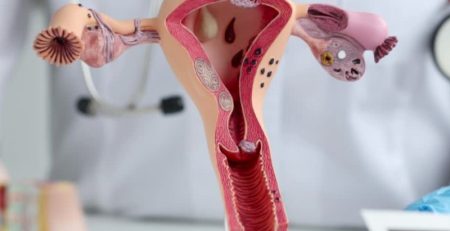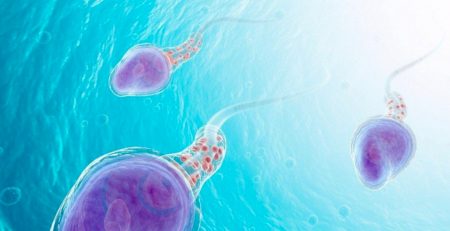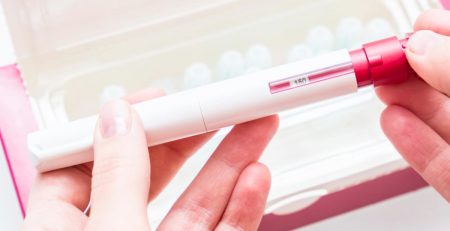What is IVF?
IVF (In-Vitro Fertilisation) is an assisted reproductive technology with fertilization occurring outside the body. IVF requires the incorporation of eggs and sperm in the laboratory through a technique called Intracytoplasmic Sperm Injection (ICSI).
When successful fertilisation takes place, an embryo will be formed. The embryo is cultured for 3 or 5 days before transferring it into the mother’s womb in a fresh embryo transfer route. Pregnancy is established when the embryo implants onto the lining of the uterus. Alternatively, embryos can be frozen and store for future transfers through frozen embryo transfer (FET) program.
Since 1978, there has been more than 8 million babies born from IVF programs.
Do I need IVF?
You may need IVF if you have the following conditions:
- Blocked fallopian tubes, tube damage / tubal factors / tubal ligation
- Male infertility relating to sperm quality or quantity
- Endometriosis
- Uterine fibroids
- Polycystic Ovarian Syndrome (PCOS).
- Difficulty of conceiving naturally as women age
- Recurring miscarriage
- Potential genetic issues where Preimplantation Genetic Testing (PGT) may help
You are strongly advised to speak to our fertility specialists for professional advice on your fertility health and suitability of fertility treatments.












